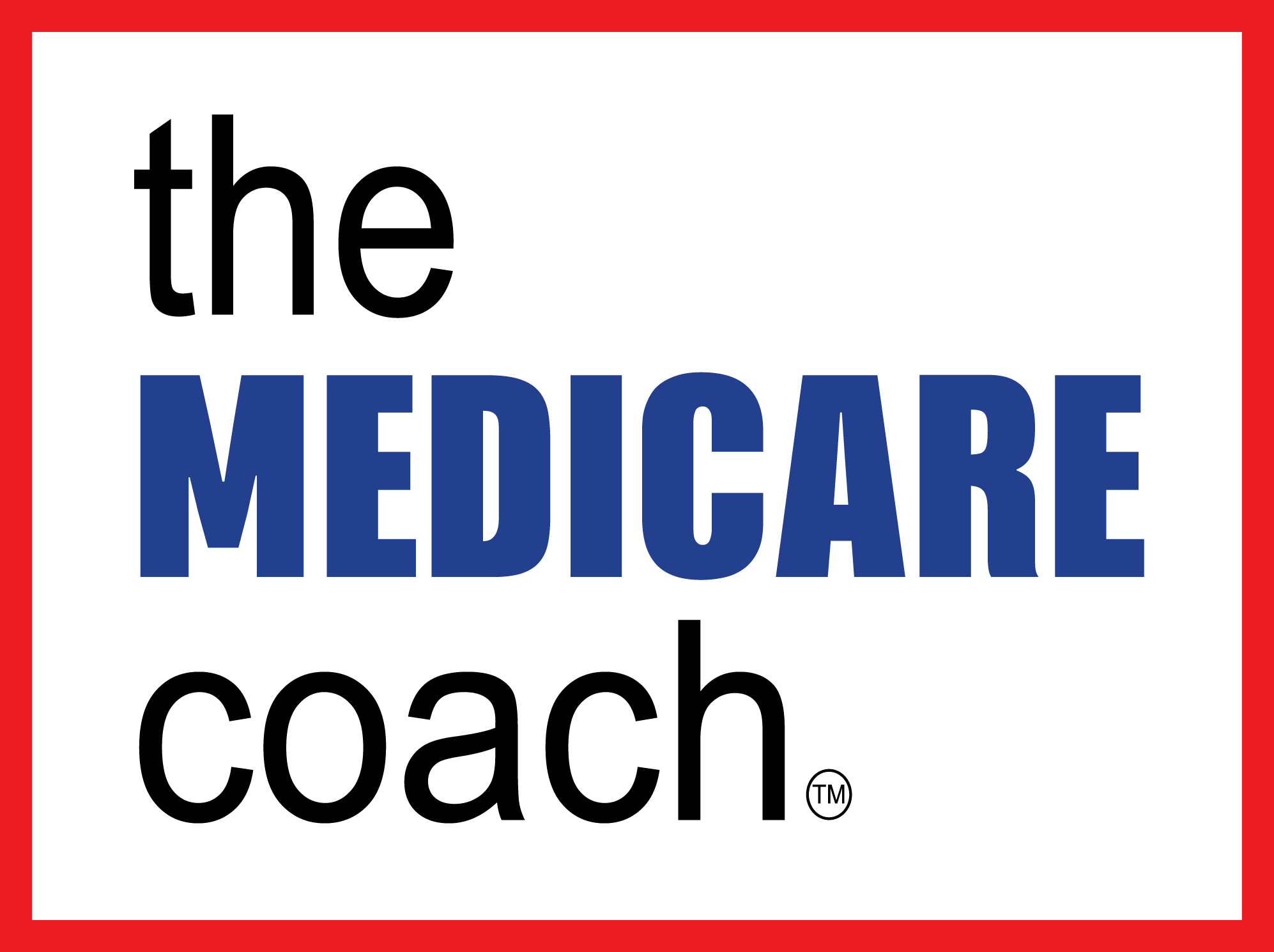Many people join Medicare assuming the coverage offered will function like their current group or individual insurance.
But the reality is Original, or Traditional Medicare is very different than conventional group insurance.
When I first joined Medicare nearly a decade ago I was very skeptical. I wasn’t exactly sure how it was going to work and if I had any Medicare surprises in my future
Even though I was very happy with my group insurance (and didn’t want to leave) I was pleasantly surprised with how good Medicare coverage was and how the entire program is coordinated together so I don’t have to worry about most of the leg work.
After being the Medicare Coach for many years, I often have new Medicare enrollees concerned if their doctor will accept Medicare. What they are ultimately asking in group insurance terms is: Is my doctor is “in-network,” or if they “take Medicare”?
Here’s the thing. Original Medicare does not operate under the framework of networks, but rather if a provider or facility accepts Medicare Assignment.
This an agreement between doctors, providers, and suppliers stating that they have agreed to accept payment for all Medicare-covered services. Those who accept Medicare Assignment are only allowed to charge beneficiaries the pre-determined “Medicare allowable amount” for services and supplies. Providers must submit claims directly to Medicare, and are not allowed to charge beneficiaries for doing so.
Most providers usually wait until receiving payment from Medicare before billing beneficiaries, and will often wait until payment is received from any supplemental insurance.
Medicare allowable amounts are standardized and consistent regardless of region. Those enrolled in Traditional Medicare may use their coverage wherever Assignment is accepted.
Unlike Traditional Medicare; Medicare Advantage plans are divided into five different types of coverage, which are structured more like group insurance policies. Medicare Advantage plans offer Health Maintenance Organization (HMO) plans, Preferred Provider Organization (PPO) plans, Private-Fee-For-Service (PFFS) plans, Special Needs Plans (SNPs), and HMO Point-of-Service (HMOPOS) plans.
It is important to note that with any Medicare Advantage plan, you should check with the plan and the provider prior to having procedure, service, or appointment; as these plans are taken on a case-by-case basis.
Many large providers such as MD Anderson, Cleveland Clinic, and Mayo Clinic-Scottsdale do not accept Medicare Advantage plans. This means that any services obtained there would be considered out-of-network, and the beneficiary’s responsibility.
Doctors and specialists can be considered in-network on one occasion and out-of-network in another. There are only certain times during the year that you can change plans, if at all. It would be best to discuss this with any doctors or specialists you are currently under the care of, or intend to be seen by in the future.
Since most of our clients are on Original Medicare, they can determine if the doctor accepts their insurance by simply asking “Do you accept Medicare assignment?”
One of my favorite parts of Medicare is “Automatic Crossover”. When I first join Medicare I was nervous about coordinating with my Part A and B and Supplemental plan. At first this seemed to be a paperwork nightmare. But again, I was pleasantly surprised at how easy it ended up being.
This is why. To avoid fraud, waste, and abuse; the Centers for Medicare and Medicaid Services developed a unique billing system known as “Automatic Crossover.”
Automatic Crossover streamlines the billing process. Your provider, or supplier, bills Medicare directly as the primary insurer. Medicare determines the ‘allowable amount’ for the service provided, and remits payment to the provider directly.
Medicare will automatically send any remaining balance on to your Medicare Supplement insurance. Depending on the Medicare Supplement plan you have, your plan will either pay the balance or apply it to your deductible.
This entire process should take place between your provider, Medicare, and your Medicare Supplemental insurer. It would be beneficial to rectify your quarterly Medicare Summary of Benefits Statement with any bills and supplemental statements you have received.
Medicare is more confusing when you
1) pick your Medicare plan for the first time
2) review your prescription plan every open enrollment
Other than that, I think Medicare is so much easier.
As you go onto Medicare, understand there are differences, but in many ways the differences make your life much easier.
Your Medicare Coach,
Larry
If you want more help making your Medicare decision, CLICK HERE to register for my free “Medicare Made Easy Workshop”


